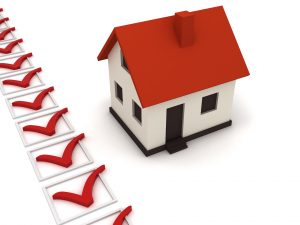Is Condo Living Right for You?
Condo living has its pros and cons. Before you start talking to a real estate agent, here are some things to consider.
- Maintenance and repairs
The great thing about condo living is that you have fewer responsibilities when it comes to maintenance and repairs. Building management takes over. However, you might not get to decide when these repairs will be made. - Amenities
Condo living gives you access to a pool, gym, or sauna that you might not be able to afford otherwise. If you use these amenities regularly, you’ll get more value for your fees. Otherwise, you’ll end up paying for a perk you have no use for – and that’s money down the drain. - Security
Living in a condo lets you enjoy the building’s security features like controlled access and video surveillance. Aside from this, you can go out of town knowing that neighbors are within close proximity of your unit and can alert management if anything suspicious occurs. - Restrictions
Since you’ll be sharing a building with a lot of neighbors, there will be restrictions on noise levels, pets, smoking, and even interior and exterior décor. The same applies to any remodeling work you want to have made to your unit. - Privacy
Having just a wall separate you from your neighbor may turn out to be a privacy issue. If you can hear their comings and goings, chances are they can hear yours. You’ll also bump into them frequently in the corridors and shared areas – which is fine if you’re the friendly sort, but uncomfortable if you’re a little more reserved. - Space
You’ll have to make do with less space when living in a condo. This means being very selective when it comes to buying stuff for your home, and minimizing clutter as much as possible. - Neighbors
Condominium buildings attract individuals with all kinds of personalities and lifestyles. You might not necessarily get along with all of them. On the bright side, you can look forward to community-organized social events and recreational activities.
If you think that condo living is for you, check our listings. You can also call 410.371.0581 and 202.483.6300 or email andy@LNF.com.


